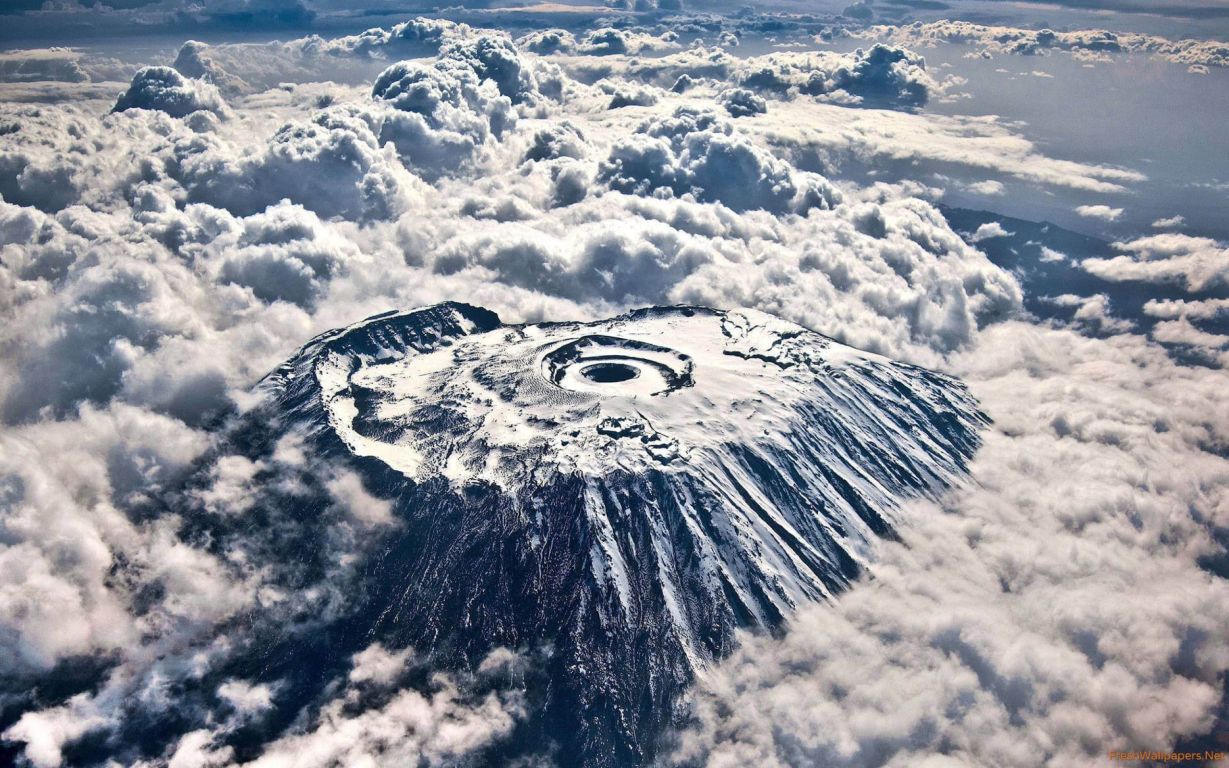Authentic Tanzania Cultural Tours: Discover the Diverse Tribes and Traditions of East Africa
Blog

What is the best time of year to climb Mount Kilimanjaro?
Mount Kilimanjaro can be climbed year-round, but certain months offer better conditions:
January, February, and September: These are the most popular months due to stable weather and clear skies.
March to May: The long rainy season brings wet and muddy trails, making climbs more challenging.
June to October: These months are cold but dry, offering excellent trekking conditions.
November: Short rains occur, but climbs are still possible with fewer crowds.
The best time depends on your preferences for weather, crowd levels, and trail conditions.
How far will I hike each day?
Daily hiking distances vary, but we measure them by hours:
Morning: Begin with breakfast at 6:30 AM and start hiking by 7:00 AM. Expect 4–5 hours of trekking before lunch.
Afternoon: Continue for another 1–2 hours after lunch.
Summit Day: This is the longest and most challenging day, starting at midnight and lasting 10–15 hours for the ascent and descent.
You’ll be encouraged to walk “pole pole” (slowly) to adapt to the altitude.
Why do we start the final ascent before dawn?
Starting the summit climb at night ensures you:
Pre-dawn starts also help maximize your chances of a successful and enjoyable summit.
What will I carry during the climb, and where can I leave excess luggage?
You’ll carry only a lightweight daypack (2–4 kg) with essentials like water, snacks, and extra clothing.
Porters: Carry up to 12 kg of your gear in a waterproof duffle bag.
Excess luggage: Securely stored at your hotel while you’re on the mountain.
Who will accompany me on the climb?
Each climber is supported by a dedicated team, typically consisting of:
Guides: English-speaking experts trained in first aid and mountain safety.
Porters: Responsible for carrying your gear, food, and equipment.
Cook: Prepares nutritious and delicious meals to keep you energized.
The staff-to-climber ratio is usually 3:1 or higher, ensuring personalized support throughout your journey.
What equipment and supplies do I need to bring?
We provide tents, camping gear, and all meals. You’ll need to bring personal items, including:
A detailed packing list will be shared upon booking. Hiking poles can be rented if needed.
What are the accommodation options on the mountain?
Tents: Double-walled, durable, and mosquito-netted tents provided on most routes.
Marangu Route: Offers A-frame huts with bunk beds, shared washrooms, and basic facilities.
Accommodations are comfortable but minimalist, designed to keep you warm and rested.
What food is provided during the climb?
Our chefs prepare balanced and hearty meals, including:
Breakfast: Eggs, porridge, bread, fresh fruits, tea, and coffee.
Lunch: Hot soups, salads, bread, and a variety of main dishes like pasta or rice with chicken or beef.
Dinner: Multi-course meals with soups, main dishes, desserts, and hot drinks.
We cater to dietary restrictions and ensure you stay nourished throughout the climb.
Is the drinking water safe?
Yes! We provide purified water daily. Bring 2–3 sturdy bottles or a hydration pack to stay hydrated.
What happens if I can’t continue to the summit?
If you cannot proceed:
Guides: Will accompany you back to the camp or to a safe location.
Group safety: We ensure every climber’s well-being without compromising the experience of others.
Your safety is always our top priority.
What are the health considerations for climbing Mount Kilimanjaro?
Altitude Sickness: Gradual acclimatization and proper hydration help prevent symptoms.
Fitness: Arrive in good health and physical condition to maximize your chances of success.
Illness: Minor colds or respiratory issues can worsen at altitude, so consult your doctor beforehand.
Is emergency assistance available?
Yes. We provide:
Kilimanjaro National Park also has a dedicated rescue team.
Do I need vaccinations to travel to Tanzania?
Vaccination requirements include:
Mandatory: Yellow fever if traveling from an endemic country.
Recommended: COVID-19, Hepatitis A & B, typhoid, and tetanus.
Consult your doctor for personalized advice.
How many days do I need for the climb?
A typical itinerary is 7–9 days, allowing for proper acclimatization. For travelers with more time, we recommend:
Adding a Mount Meru trek before Kilimanjaro.
Exploring Tanzania’s wildlife on a post-climb safari.
Why choose Incredible Africa Adventures for your Kilimanjaro climb?
Expert Guides: Knowledgeable, friendly, and safety-focused.
Tailored Itineraries: Designed to suit your fitness and schedule.
All-Inclusive Packages: Covering accommodation, meals, permits, and more.
Ready to Conquer Africa’s Tallest Peak? Contact us today to plan your dream Mount Kilimanjaro adventure with Incredible Africa Adventures!
Drop us a line. Our Safari experts will answer all your questions in 24 hours